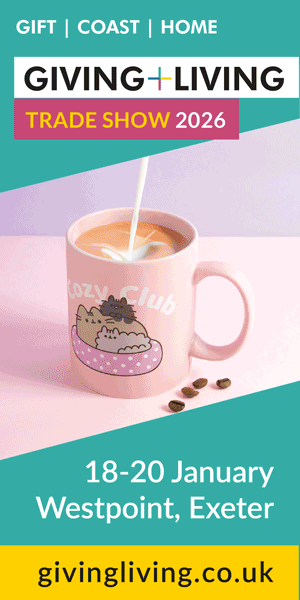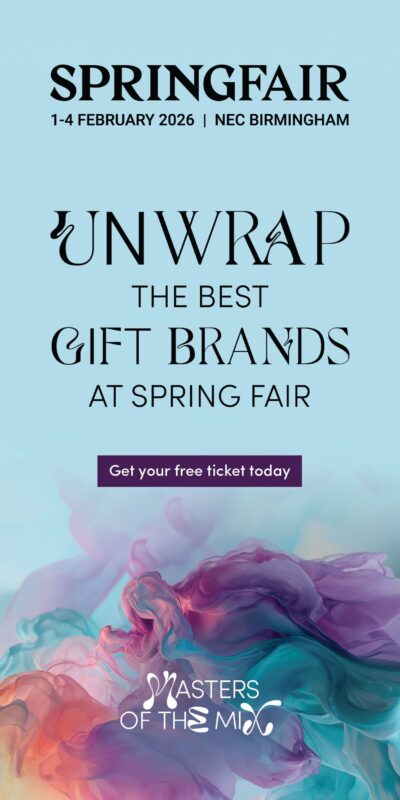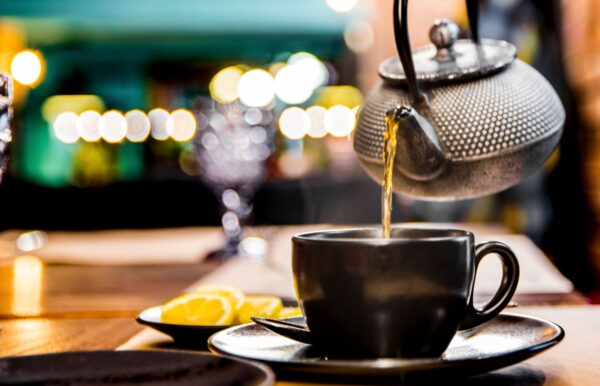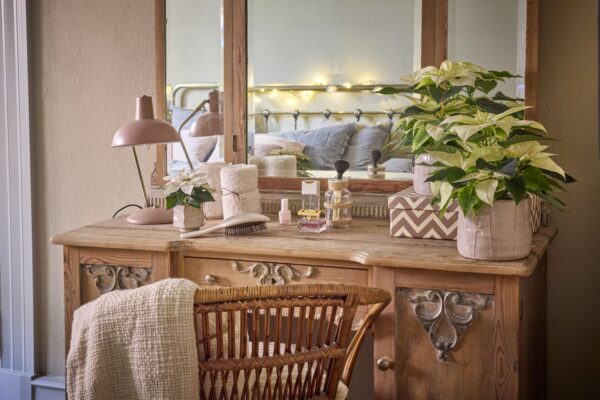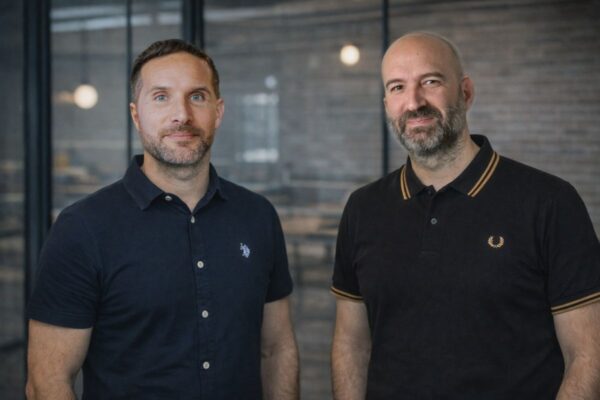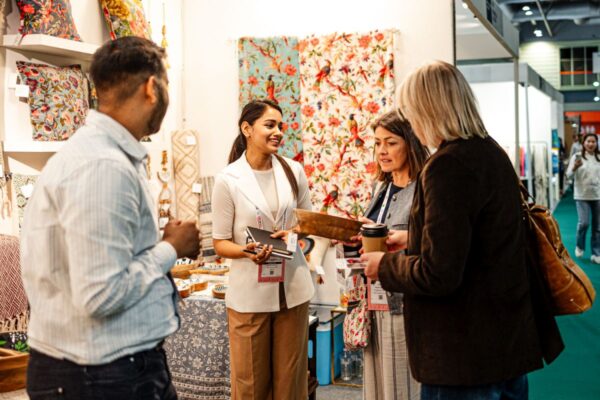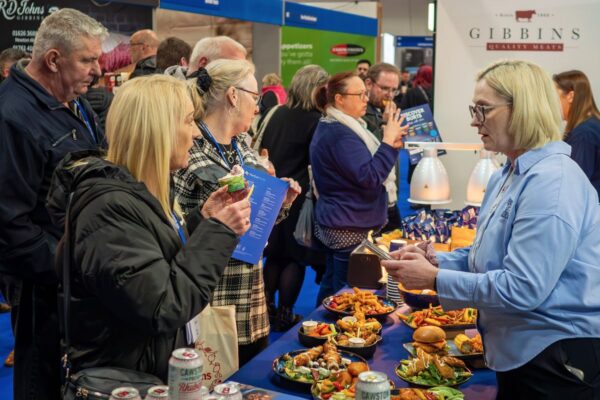Fully aware that sustainability is firmly on top of the consumer (and therefore retail) agenda, We made a beeline for the new Pets zone seminar theatre at Glee, where the director of Honeyfield’s and Marriage’s Wild Bird Food, Sam Marriage, and John Capper from the RSPB gave a fascinating talk:
The Ethical Generation: how linking conservation, wild life and gardens can drive sales and add equity to your garden centre.
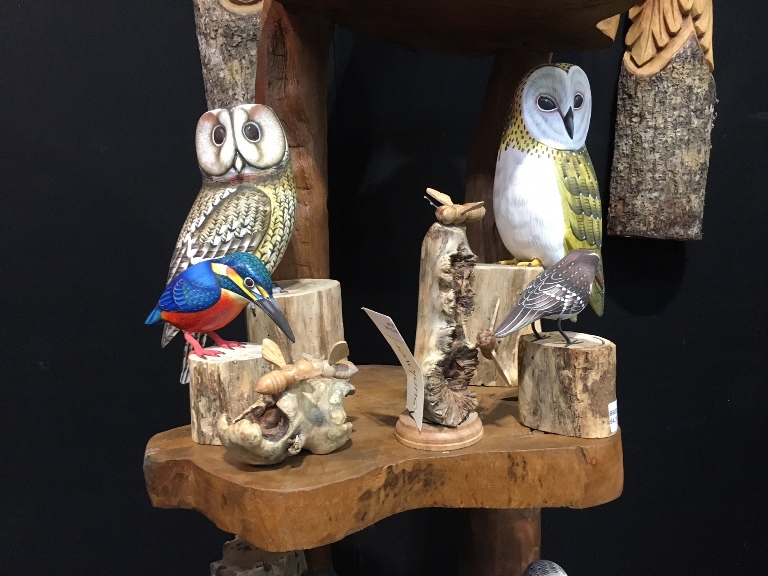 Whilst naturally focused on the horticultural retail sector, their vital presentation had food for thought for any retailer trying to stay ahead of the pack in today’s rapidly evolving consumer environment, where sustainability and ethics are rising higher and higher on the agenda.
Whilst naturally focused on the horticultural retail sector, their vital presentation had food for thought for any retailer trying to stay ahead of the pack in today’s rapidly evolving consumer environment, where sustainability and ethics are rising higher and higher on the agenda.
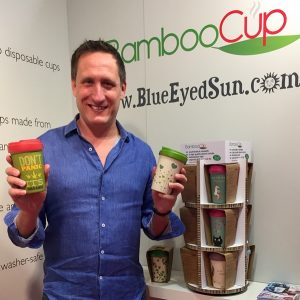 Some of the statistics presented were enough to concentrate the minds of store-owners seeking ways to captivate their customers and attract more footfall. The key to this is “CARE” explained Sam, emphasising that this is the main talking point for super brands and other leading-edge companies who’ve discovered already that “ethics sell”, “luxury is easier when you feel good about it” and “doing good can be good business”.
Some of the statistics presented were enough to concentrate the minds of store-owners seeking ways to captivate their customers and attract more footfall. The key to this is “CARE” explained Sam, emphasising that this is the main talking point for super brands and other leading-edge companies who’ve discovered already that “ethics sell”, “luxury is easier when you feel good about it” and “doing good can be good business”.
It might sound like a cynical equation, but the plan only works when formulated with authenticity and a genuine alignment of higher ethical considerations and values between brand and consumer. It’s an important formula to master, as a whopping 9 out of 10 millennials will drop a brand in favour of one associated with a cause or principles they like.
The bigger picture shows that feeding birds is officially the UK’s largest hobby sector, David Attenborough is the most popular celebrity of all time and Fairtrade was the fastest growing brand during the recession.
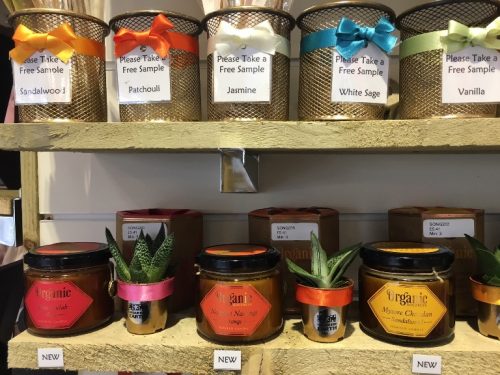 Whilst baby boomers were the first to start thinking about the ethics of brands, over the past 13 years ethical-related spending has rocketed by 560%, paralleled by the appeal of gardening, now at an all-time high and considered a super-trend.
Whilst baby boomers were the first to start thinking about the ethics of brands, over the past 13 years ethical-related spending has rocketed by 560%, paralleled by the appeal of gardening, now at an all-time high and considered a super-trend.
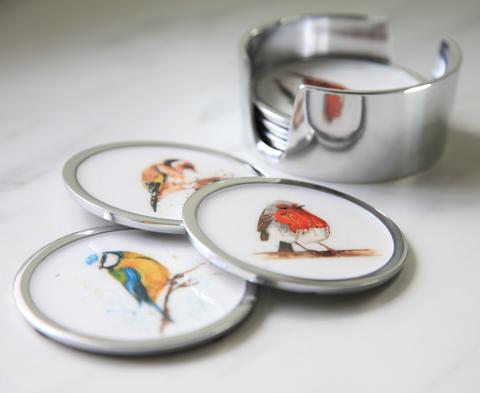 Global trend analysts, WGSN, have pinpointed the consumer group born between 1995 – 2000 as “Gen Z”, the ones retailers need to understand in terms of values and ethics if they’re to engage them as loyal customers of the future.
Global trend analysts, WGSN, have pinpointed the consumer group born between 1995 – 2000 as “Gen Z”, the ones retailers need to understand in terms of values and ethics if they’re to engage them as loyal customers of the future.
This generation of would-be angels with a clear conscience is having 50% less underage sex than the one which went before them, drinking half as much and driving 20% less. They think in terms of ‘we’ not ‘me’, collaboration rather than competition, mental health, sustainability, equality and safety. They distrust Government, feel let down by corporates and can’t be fooled by advertising or marketing ploys. They are hugely influential and respond to genuine messages from those they can admire.
Garden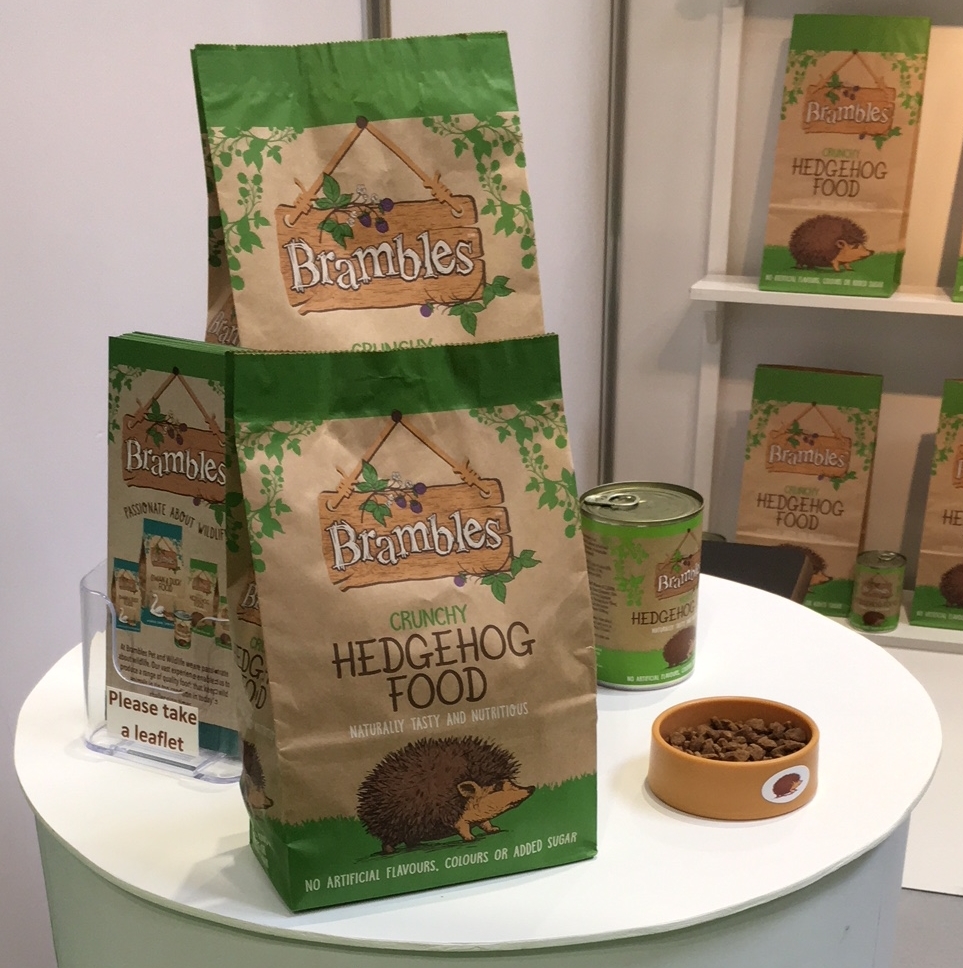 ing and the nurturing of wildlife dovetails perfectly with much of that which Gen Z values and aspires to. And they’re not alone, for according to extensive research carried out by Wyevale, 82% of the British public wants to attract wildlife to their gardens, 86% are concerned for birds and 67% are eco-conscious.
ing and the nurturing of wildlife dovetails perfectly with much of that which Gen Z values and aspires to. And they’re not alone, for according to extensive research carried out by Wyevale, 82% of the British public wants to attract wildlife to their gardens, 86% are concerned for birds and 67% are eco-conscious.
 The backdrop to these concerns is a tragic decline in both fauna and flora around the UK and wider world. 97% of herb meadows have been lost since3 1947, 71% of butterflies and 70% of bees have been lost, along with half of all bird life. Anyone spotted a hedgehog lately? There is more wildlife in a desert than a field of intensively farmed crops, meaning that gardens and allotments are rapidly become the last refuge of our native birds, insects and animals.
The backdrop to these concerns is a tragic decline in both fauna and flora around the UK and wider world. 97% of herb meadows have been lost since3 1947, 71% of butterflies and 70% of bees have been lost, along with half of all bird life. Anyone spotted a hedgehog lately? There is more wildlife in a desert than a field of intensively farmed crops, meaning that gardens and allotments are rapidly become the last refuge of our native birds, insects and animals.
The good news is that the UK’s gardens have a combined area larger than Suffolk and the RSPB is one of the best-known British brands with more members than all the political parties combined (1.2 million). This means that the RSPB, with its enormous influence and powerful consumer-facing campaigns, is a super ‘super brand’ for retailers to be associated with.
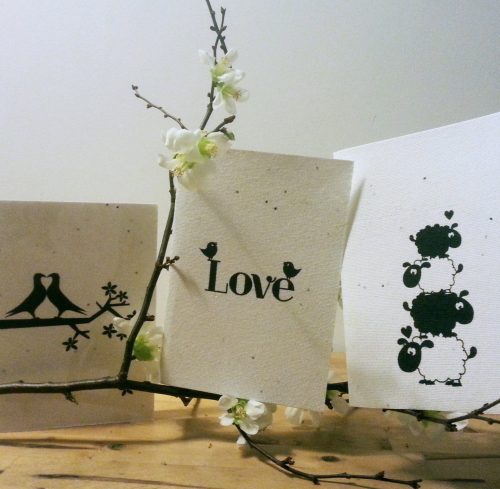 The good news for home and gift retailers – who may feel somewhat disadvanted in comparison to garden centres when it comes to conservation – the quality,variety and price-points of fair trade, organic and eco-friendly productshas noticeably sky-rocketed in recent years.
The good news for home and gift retailers – who may feel somewhat disadvanted in comparison to garden centres when it comes to conservation – the quality,variety and price-points of fair trade, organic and eco-friendly productshas noticeably sky-rocketed in recent years.
 Helping to drive this trend are international plastic-free initiatives with massive consumer-awareness campaigns, switched-on celebrities who’ve discovered ethics look good on Instagram and want to be seen as sharing the eco-friendly values of their fans and the availability of lifestyle accessories which tick the right environmental boxes whilst also working well as fashion accessories (reusable coffee cups and water bottles, in particular).
Helping to drive this trend are international plastic-free initiatives with massive consumer-awareness campaigns, switched-on celebrities who’ve discovered ethics look good on Instagram and want to be seen as sharing the eco-friendly values of their fans and the availability of lifestyle accessories which tick the right environmental boxes whilst also working well as fashion accessories (reusable coffee cups and water bottles, in particular).
Chemical-free well-being and home fragrance products are also at the top of many gifting wish-lists and there are so many incredibly good options in both these categories for retailers that it makes sense to focus on fairtrade and organic aspects of a product where all other things are equal.
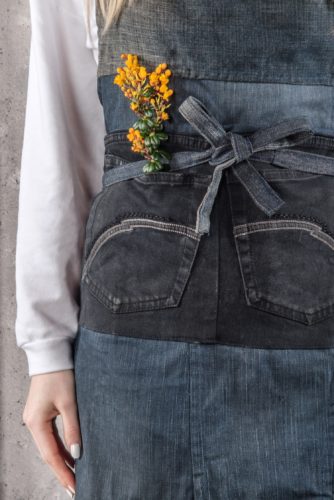 Images from top to bottom: Beautiful hand-crafted wooden birds by long-time fairtrade supplier, Sunlover, which exhited at Glee 2018; GA Chairman, Jeremy Corner, holding one of the eco-friendly, BambooCups he’s distributing in the UK; divinely scented candles and other home fragrances at fantastic price points from fairtrade supplier and retailer, Shared Earth, as seen at Autumn Fair; the gorgeous Meg Hawkins-licensed range of Azeti tableware for fairtrade specialists Tilnar Art; quality organic hedgehog food by Brambles, seen at Glee; Honeyfields ‘fair to nature’ bird food, biodradable greeting cards by Bloom, seen at showUP; Heaven Scent natural candles, hand-poured in England, long ahead of the eco-friendly, recycled curve; Fairtrade veteran, Ian Snow’s, award-winning denim apron; Meg Hawkins licensed Azeti tableware by Tilnar Art.
Images from top to bottom: Beautiful hand-crafted wooden birds by long-time fairtrade supplier, Sunlover, which exhited at Glee 2018; GA Chairman, Jeremy Corner, holding one of the eco-friendly, BambooCups he’s distributing in the UK; divinely scented candles and other home fragrances at fantastic price points from fairtrade supplier and retailer, Shared Earth, as seen at Autumn Fair; the gorgeous Meg Hawkins-licensed range of Azeti tableware for fairtrade specialists Tilnar Art; quality organic hedgehog food by Brambles, seen at Glee; Honeyfields ‘fair to nature’ bird food, biodradable greeting cards by Bloom, seen at showUP; Heaven Scent natural candles, hand-poured in England, long ahead of the eco-friendly, recycled curve; Fairtrade veteran, Ian Snow’s, award-winning denim apron; Meg Hawkins licensed Azeti tableware by Tilnar Art.





